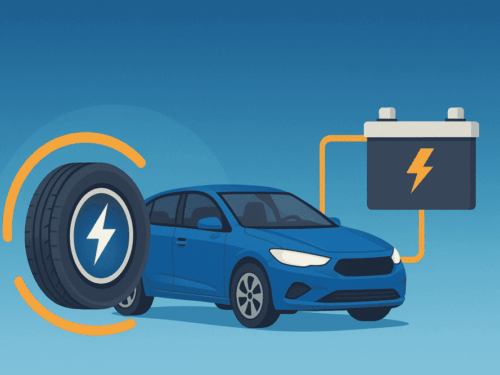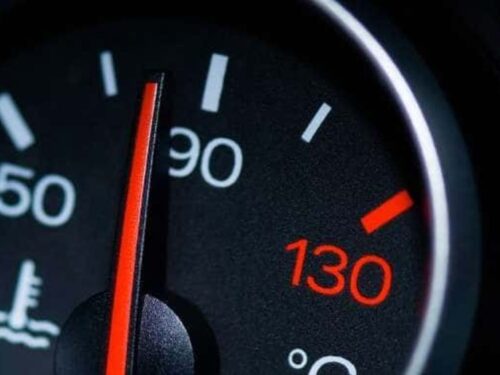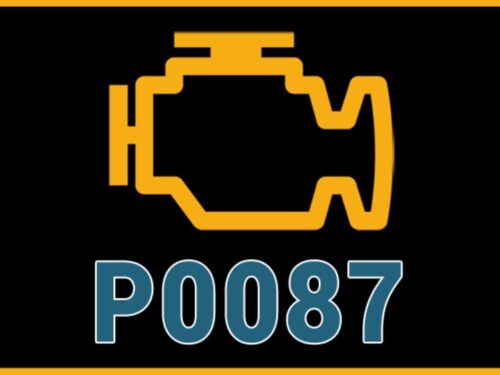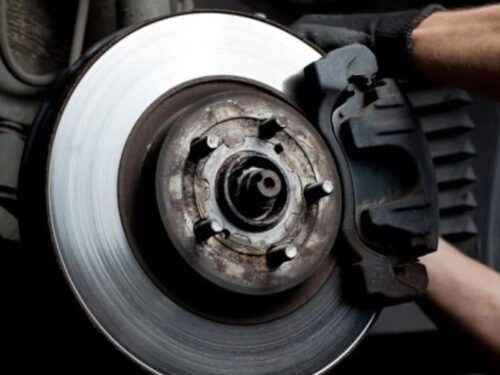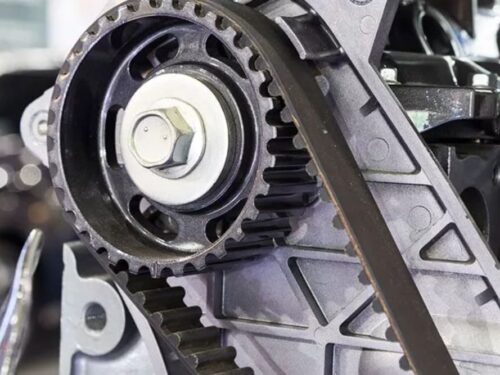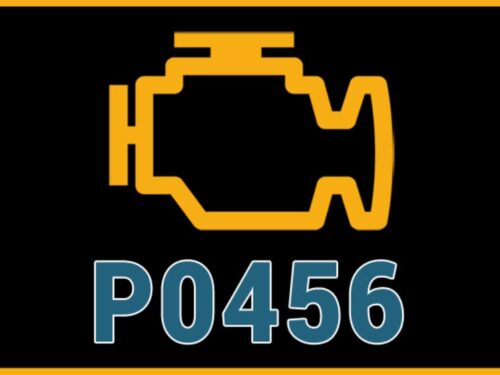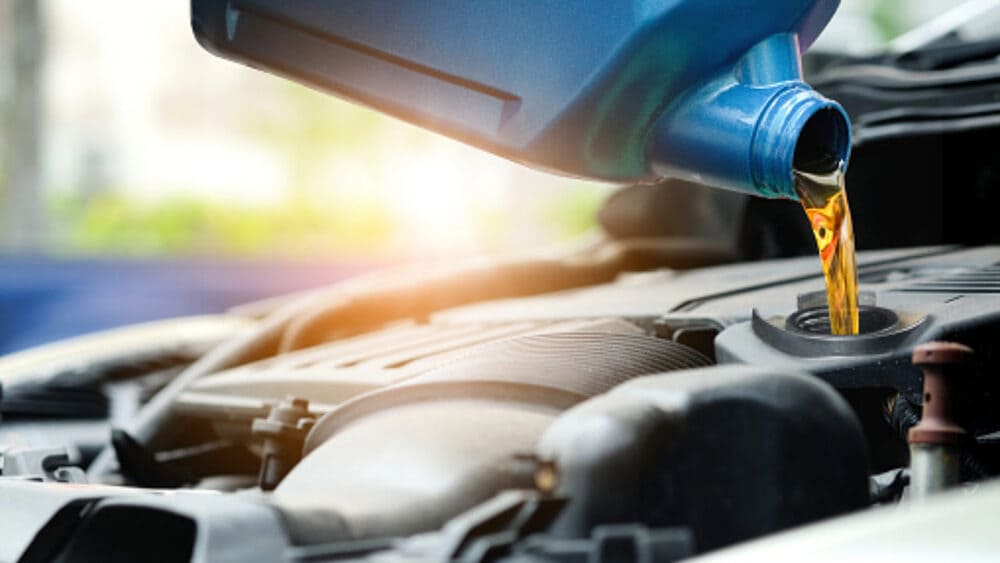
When it comes to taking care of our vehicles’ fluids, it is “out of sight, out of mind” for many of us. However, the fluid is essential to your vehicle’s smooth running and if there is something wrong with it, your vehicle may not be able to start or worse, become unsafe to drive on the road.
If you want your car to run smoothly for several years, to need to take care of your car’s fluids and maintain them properly, as well.
Why Is Maintaining Car Fluids Important?
Your car’s fluids are its lifeblood. You need to make sure these fluids are clean so that your car works properly. Not only will maintaining your car fluids allow your vehicle to run optimally, but it will also result in low incidents of repair.
Here are some important fluids that affect
the performance and function of your car:
Engine Oil
Your engine oil is a special type of lubricant that cleans and greases up the inner workings of your car. It runs through your engine as well as the turbochargers. Today, engine oil consists of natural base oils with a number of additives that allow it to perform better.
Checking your engine oil is very important. To do that, typically you would have to park your car on a flat surface and allow it to cool down. Then, you should open the hood, pull out the dipstick and wipe the oil from it. Place the dipstick back and then pull it out again to see where the oil level reaches on the stick. The stick has notches that indicate the minimum and maximum levels of oil.
Before, you needed to change the engine oil every 3000 miles or every three months. However, thanks to modern lubricants, most vehicles can go as far as 7,500 miles or even more between oil changes.
It is best to get your engine oil checked every three months to ensure all is right with this vital lubricant.
Transmission Fluid
If your car’s transmission breaks down, it can be very expensive to get it fixed. That is why it is important to keep them lubricated. Transmission fluid allows the gears in your vehicle to keep running smoothly.
There are some modern cars that have transmissions that are designed to prevent the inconvenience of changing transmission fluid. However, it is a good habit to eventually top-up or change the transmission fluid in these cars as well, particularly if the fuel looks dark and has a burnt smell. However, you get the benefit of not doing so for tens or even hundreds of thousands of miles.
Since transmission fluid is located in a closed system, if you notice a leak, you need to get it checked out immediately by an automotive repair and services company.
Power Steering Fluid
If you hear strange sounds coming from your steering wheel when you turn it, it may be a sign that you are running low on power steering fluid.
Power steering fluid allows you to smoothly move your steering wheel. That’s why it is important to check this fluid every month. One of the good things about this fluid is that it rarely, if ever, requires complete flushing; however, you may need to top it up. You may only need to replace the fluid if your car has traveled over 50,000 miles or so.
Depending on the make and model of your car, there will be different requirements for maintaining your power steering fluid. You can consult your car manual to find out about your vehicle’s specific needs.
Radiator Fluid
The radiator transfers the heat from the engine outside, keeping it cool. Although driving any car can cause your engine to heat up, it is especially so for performance vehicles. If you put your cart to heavy use, you will need to make sure your radiator fluids are at optimal levels; otherwise, you may see smoke coming out of the hood of your car as a result of heating and find yourself stranded at the side of the road.
The content of the radiator is pressurized, so make sure you allow your engine to cool down before you take off the cap from the radiator. If your coolant is not almost at the very top, you will need to refill your radiator.
Brake Fluid
When your car is racing on the highway, it also needs to have the ability to stop at a moment’s notice. This can only be done if your brakes are in impeccable condition.
A car’s braking system is hydraulic and relies on fluid pressure to make the car stop. Therefore, it is very important that your brake fluid is maintained and reaches the optimal level as it directly affects your safety.
The brake system is also a closed-off system. So if you are getting repeatedly low on brake fluid, it could be a sign that you require new brakes. In addition, if the brake fluid appears more brown than golden, it is a sign that it needs to be replaced.
Typically, your brake fluid will need to be changed every two years. However, it is good practice to get it checked every time you have an oil change.
AC Coolant
It can be extremely uncomfortable to sit in a hot and stuffy car in the summers. So if you want a chill ride, you need to check your AC coolant, also known as a refrigerant or Freon gas. Checking this fluid requires some specialized equipment and can be relatively difficult, so you can let a reliable auto service do it for you.
However, if you want to do it yourself, you need to get an AC gauge and thermometer from an auto repair store. If you discover your coolant is running low, you can easily recharge it with some additional tools from the auto parts store.
Windshield Washer Fluid
Having a squeaky clean and clear windshield increases your visibility and driving safety. If you like to take your car to places where it can collect a lot of dust and debris, then a windshield washer fluid can help keep your windshield clean.
Checking your windshield washer fluid is quite easy. Most cars have reservoirs with a label on the cap that says “washer” or “windshield.” To check the fluid level, just twist off the cap. Since the fluid is not hot or pressurized, handling the reservoir is not dangerous.
If you require more fluid, it is best to get a good quality washer fluid, rather than simple soap and water, to get rid of dirt, droppings, bugs, or other road debris, and refill the reservoir.
Courtesy of paautoinspection

